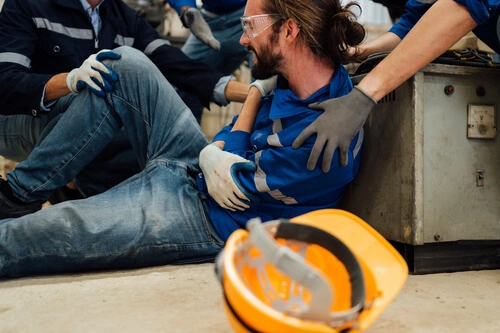The Benefits of Collaborative Divorces

When people think of a divorce they often think that it can be either uncontested, where the parties generally agree on everything, or contested. Many people are not aware that there is a third category, called a collaborative divorce, which allows the parties to resolve even disputed issues, with lessened time, expense, and heartache that a full blown adversarial contest can bring.
What is Collaborative Divorce?
Collaborative divorce exists in the area between purely uncontested and fully contested cases. There are still issues that the parties may disagree on, but they have agreed to try to work together to resolve them. Collaborative divorce works best with parties that have differences, but who have committed to trying to resolve them amicably.
Unlike litigation, where the goal is to prepare for trial unless the case settles, in collaboration, the goal from Day 1 is getting to a negotiated settlement. In collaborative divorces, the parties will first agree (through their attorneys if they have them) to a plan. The plan will detail what issues are contested and which are not. It will also detail what information or documents will be produced by each party.
In most cases, the parties also agree not to resort to the court system—that is, you can’t both submit to collaborative divorce, but still use the court as a “fall back” if things don’t go the way you want them to. You can, however, agree beforehand to have some issues decided by collaboration, and some submitted to a court for determination. Of course, when and if all issues are resolved, the court will ultimately enter the divorce decree and any documents needed to make the parties’ agreement official.
Your attorney for your collaborative divorce in most cases cannot continue to represent you should you need or want to go to a court to resolve an issue that you tried to collaborate on or agreed to collaborate on.
The parties can also agree on what kind of experts may be needed and may even agree to use the same expert—in other words, instead of both parties retaining an expert, the parties can agree to use one and abide by his or her findings.
Collaborative Divorce is Becoming More Common
Collaborative divorce has become so widespread that in 2017, special rules were adopted governing the collaborative process, and the Florida Bar even has ethical rules for attorneys that represent clients in collaborative divorces.
Many litigants like collaborative divorce because it gives the parties more control over the litigation process, and for parties that are generally amicable, it allows them to participate in the process and work out their differences in a faster, more cost effective manner than litigation.
Additionally, because there are fewer court filings, the process also provides a more private process for parties that don’t want certain details of their lives in the public record.
Our Tampa family law attorneys at The Pawlowski//Mastrilli Law Group can help you negotiate a divorce, or help you try your divorce case in court. Call us with any questions you may have about the divorce process.
Resource:
prnewswire.com/news-releases/groundbreaking-florida-collaborative-divorce-law-effective-july-1-2017-300482227.html










